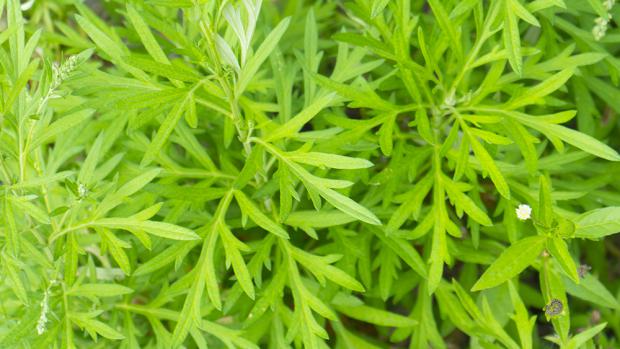
Breaking News
 Iran (So Far Away) - Official Music Video
Iran (So Far Away) - Official Music Video
 COMEX Silver: 21 Days Until 429 Million Ounces of Demand Meets 103 Million Supply. (March Crisis)
COMEX Silver: 21 Days Until 429 Million Ounces of Demand Meets 103 Million Supply. (March Crisis)
 Marjorie Taylor Greene: MAGA Was "All a Lie," "Isn't Really About America or the
Marjorie Taylor Greene: MAGA Was "All a Lie," "Isn't Really About America or the
 Why America's Two-Party System Will Never Threaten the True Political Elites
Why America's Two-Party System Will Never Threaten the True Political Elites
Top Tech News
 How underwater 3D printing could soon transform maritime construction
How underwater 3D printing could soon transform maritime construction
 Smart soldering iron packs a camera to show you what you're doing
Smart soldering iron packs a camera to show you what you're doing
 Look, no hands: Flying umbrella follows user through the rain
Look, no hands: Flying umbrella follows user through the rain
 Critical Linux Warning: 800,000 Devices Are EXPOSED
Critical Linux Warning: 800,000 Devices Are EXPOSED
 'Brave New World': IVF Company's Eugenics Tool Lets Couples Pick 'Best' Baby, Di
'Brave New World': IVF Company's Eugenics Tool Lets Couples Pick 'Best' Baby, Di
 The smartphone just fired a warning shot at the camera industry.
The smartphone just fired a warning shot at the camera industry.
 A revolutionary breakthrough in dental science is changing how we fight tooth decay
A revolutionary breakthrough in dental science is changing how we fight tooth decay
 Docan Energy "Panda": 32kWh for $2,530!
Docan Energy "Panda": 32kWh for $2,530!
 Rugged phone with multi-day battery life doubles as a 1080p projector
Rugged phone with multi-day battery life doubles as a 1080p projector
 4 Sisters Invent Electric Tractor with Mom and Dad and it's Selling in 5 Countries
4 Sisters Invent Electric Tractor with Mom and Dad and it's Selling in 5 Countries
Wormwood: A bitter herb with incredible healing potential

Native to North Africa and temperate regions of Eurasia, wormwood has been naturalized in parts of Canada and the northern United States. Its silvery-green foliage, bitter flavor and potent aroma have made it a staple in traditional medicine, culinary arts and even folklore.
Wormwood is known by a variety of names, reflecting its widespread use and cultural significance. It is often referred to as common wormwood, absinthe wormwood or simply absinthe. In some regions, it is also called "green ginger" or "old woman," the latter likely a reference to its use as a traditional medicine for women. The name "wormwood" is thought to have come from its traditional use as a remedy for intestinal worms -- a testament to its potent antiparasitic properties.
Wormwood is easily recognizable by its silvery-green leaves, which are finely divided and covered in tiny, hair-like structures that give the plant a soft, almost velvety texture. The leaves grow in a bushy, upright manner, and the plant produces small, yellow-green flowers in late summer. The aroma of wormwood is intensely herbal, with a sharp, camphor-like scent that can be both invigorating and overwhelming.
The taste of wormwood is famously bitter, often described as one of the most bitter herbs in the plant kingdom. This bitterness is due to the presence of compounds like absinthin and anabsinthin, which are also responsible for many of wormwood's therapeutic effects. While its bitterness can be off-putting for some, it is precisely this quality that makes wormwood a valuable digestive aid and a key ingredient in traditional herbal remedies.
Health benefits of wormwood
Wormwood has been used for centuries in traditional medicine systems, including Ayurveda, Traditional Chinese Medicine (TCM) and European herbalism. Modern research has validated many of wormwood's medicinal uses, shedding light on its potential to prevent or alleviate a variety of health conditions.



